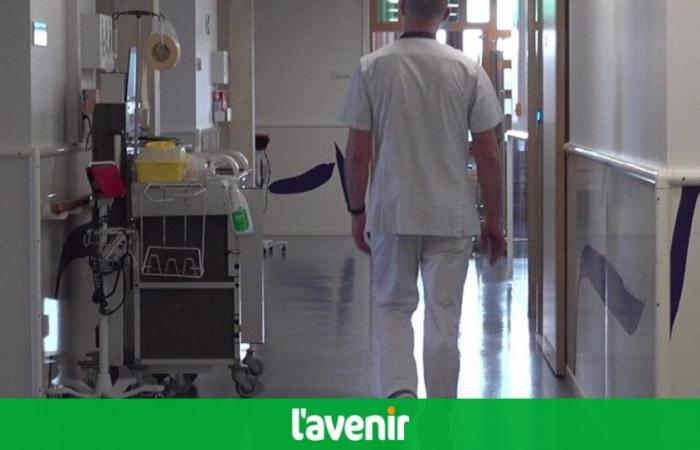As a State reform in the other direction, bringing prevention back to the federal level, is difficult to envisage, he advocates a distinction at the level of health prevention. “We can distinguish the first line of prevention: campaigns intended to promote sport and healthy eating, for example, which remain a regional prerogative. The 2nd line of prevention, which concerns vaccinationthe cancer screeningwould be taken care of at the federal level with participation from Inami”.
The specialist from the Louvan university hospital adds: “This means that we must redesign our health system, and mainly reduce the share of curative medicine, which is more expensive, in favor of preventive medicine. If we carry out effective screening campaigns, we discover cancers earlier, and it costs less to treat.“
2. Specialization of hospitals
For Dirk De Ridder, there are too many hospitals. “In Belgium, we have 100 hospitals for a population of 10 million inhabitants. And if we look at the provincial level, there are areas where we have 200 beds per 100,000 inhabitants and others where it is is 500 beds per 100,000 inhabitants.” He adds: “If we only have one birth per day, what’s the point of maintaining motherhood? It’s the same for emergencies and pediatrics. “
There are hospitals where Belgian patients die more
According to Dr. Gilbert Bejjani, vice-president of ABSym (majority doctors’ union), we must go further in the reform initiated by Maggie De Block, which moves towards “recentralization”.
-The goal is not to have giant hospitals that do everything. He advocates more specialization of medical centers, to avoid redundancies. “We are not going to do hand surgery in a hybrid vascular surgery room. We need specialized staff, and hospitals where there are enough operations to maintain a level of quality.”
3. Technology at the service of medicine
The telemonitoring has returned several times to technological tracks, for shorter hospitalizations – but with a 24/7 on-call system.”There are international examples that show the reduction of hospitalizations of psychotic people, thanks to the use of applications, says Dr Bejjani. This was up to an 80% reduction in hospitalizations. We also see the importance of anticipating cardiac decompensations, because people are often hospitalized.”
But Professor De Ridder regrets: “The system put in place during the pandemic for teleconsultations was unraveled by the public authorities“
you date them Currently, medical reports are still often written in the form of a continuous text, available in PDF. In short, their data is not usable. “We must change this and allow AI to fetch the necessary information, to provide anonymized data that will improve public health.” this Dirk De Ridder.






